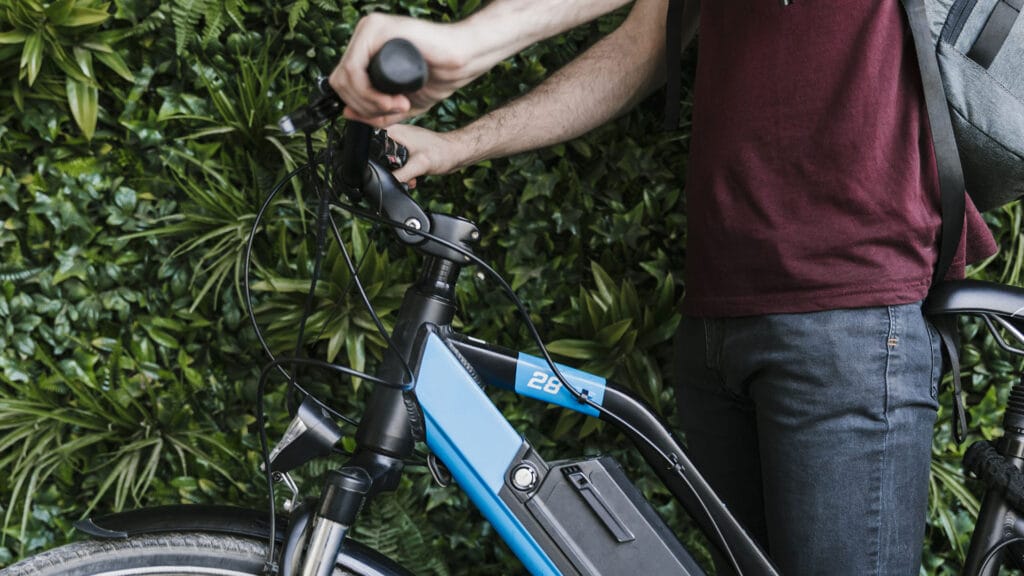In recent years, electric bikes and scooters have surged in popularity, heralding a new age of urban mobility. eRide, a pioneer in South Africa’s electric mobility sector, is at the forefront of this transformation, offering a range of electric vehicles that promise not only convenience and cost-efficiency but also significant environmental benefits. This article explores the positive environmental impacts of electric bikes and scooters and why they could be the key to more sustainable urban environments.
Reduced Carbon Emissions:
One of the most significant environmental benefits of electric bikes and scooters is their ability to reduce greenhouse gas emissions. Unlike traditional gasoline-powered vehicles, electric bikes and scooters produce zero direct emissions. This makes them an excellent option for reducing your carbon footprint. By opting for an electric ride, users contribute to decreased air pollution, which is crucial for cities struggling with smog and poor air quality.
Energy Efficiency:
Electric bikes and scooters are remarkably energy-efficient. They consume less energy per kilometer compared to motorcycles and cars, thanks to their lighter weight and efficient electric engines. This efficiency not only means less energy consumption but also less reliance on fossil fuels. As renewable energy sources become more prevalent, electric vehicles’ impact on the environment will continue to decrease.
Noise Pollution Reduction:
Urban noise pollution is a growing concern, contributing to stress and diminishing quality of life. Electric bikes and scooters offer a quieter solution to urban transport. With their almost silent operation, these vehicles can significantly reduce noise pollution levels in cities, making urban areas quieter and more pleasant for residents and wildlife alike.
Reduced Road Congestion:
Electric bikes and scooters can alleviate urban congestion. Their compact size allows more efficient use of roads and parking spaces. Traffic congestion leads to increased emissions due to idling and slow-moving traffic. By promoting the use of electric bikes and scooters, cities can experience smoother traffic flow and reduced vehicle emissions.
Promoting Recyclable Materials:
Many electric bikes and scooters are designed with sustainability in mind, using recyclable materials and more environmentally friendly manufacturing processes. As the industry grows, more companies are committing to sustainable practices, which include reducing waste during production and increasing the recyclability of old and used components.
Lifecycle Environmental Impact:
While electric bikes and scooters have a clear positive impact during their use, it’s also important to consider their entire lifecycle from production to disposal. The manufacturing of batteries, often the most critical component of electric vehicles, does have environmental drawbacks, such as resource extraction and disposal issues. However, advancements in battery technology and recycling continue to mitigate these impacts.
Conclusion:
Electric bikes and scooters offer a promising path towards more sustainable urban living. By choosing electric, individuals not only enjoy a convenient and efficient mode of transport but also contribute to a healthier planet. As eRide leads the charge in South Africa, the shift to electric mobility looks not only possible but inevitable, promising cleaner cities and a greener future.
For those considering making the switch to electric, eRide provides a range of products that cater to diverse needs, from daily commutes to leisurely rides, all while keeping environmental sustainability at the core of its mission.

